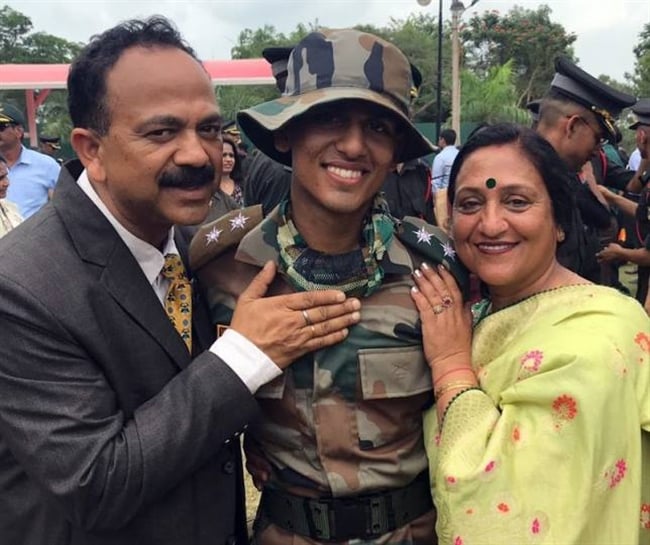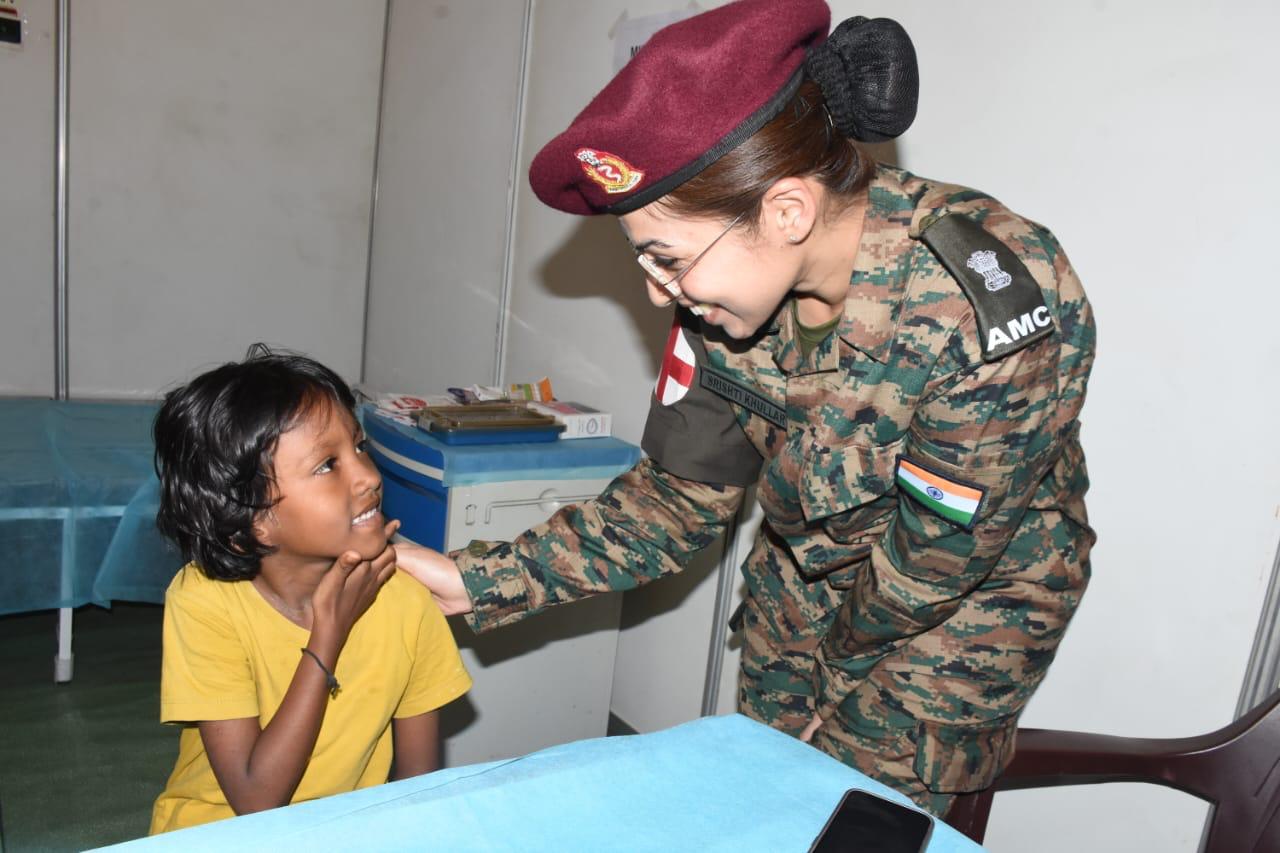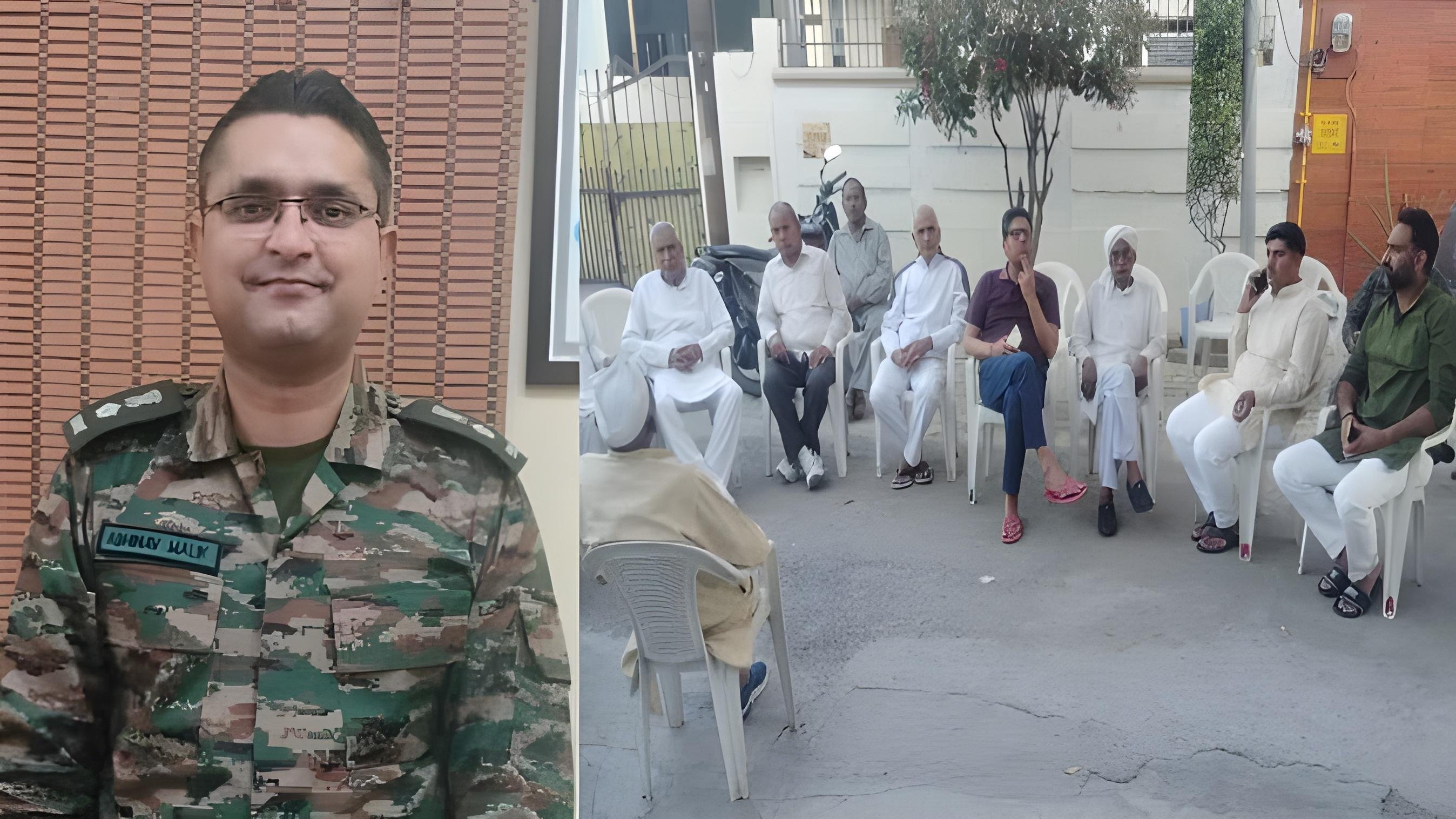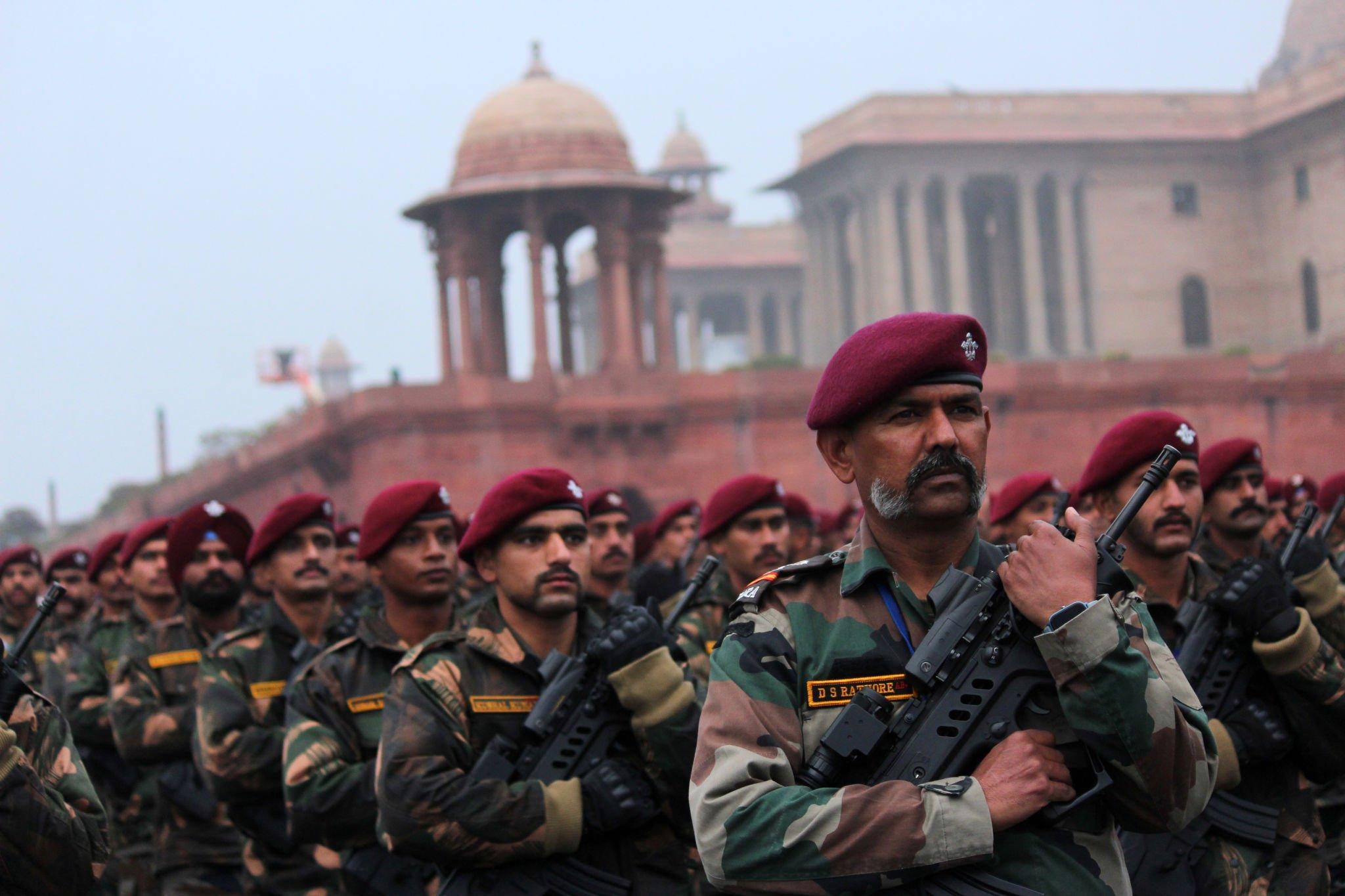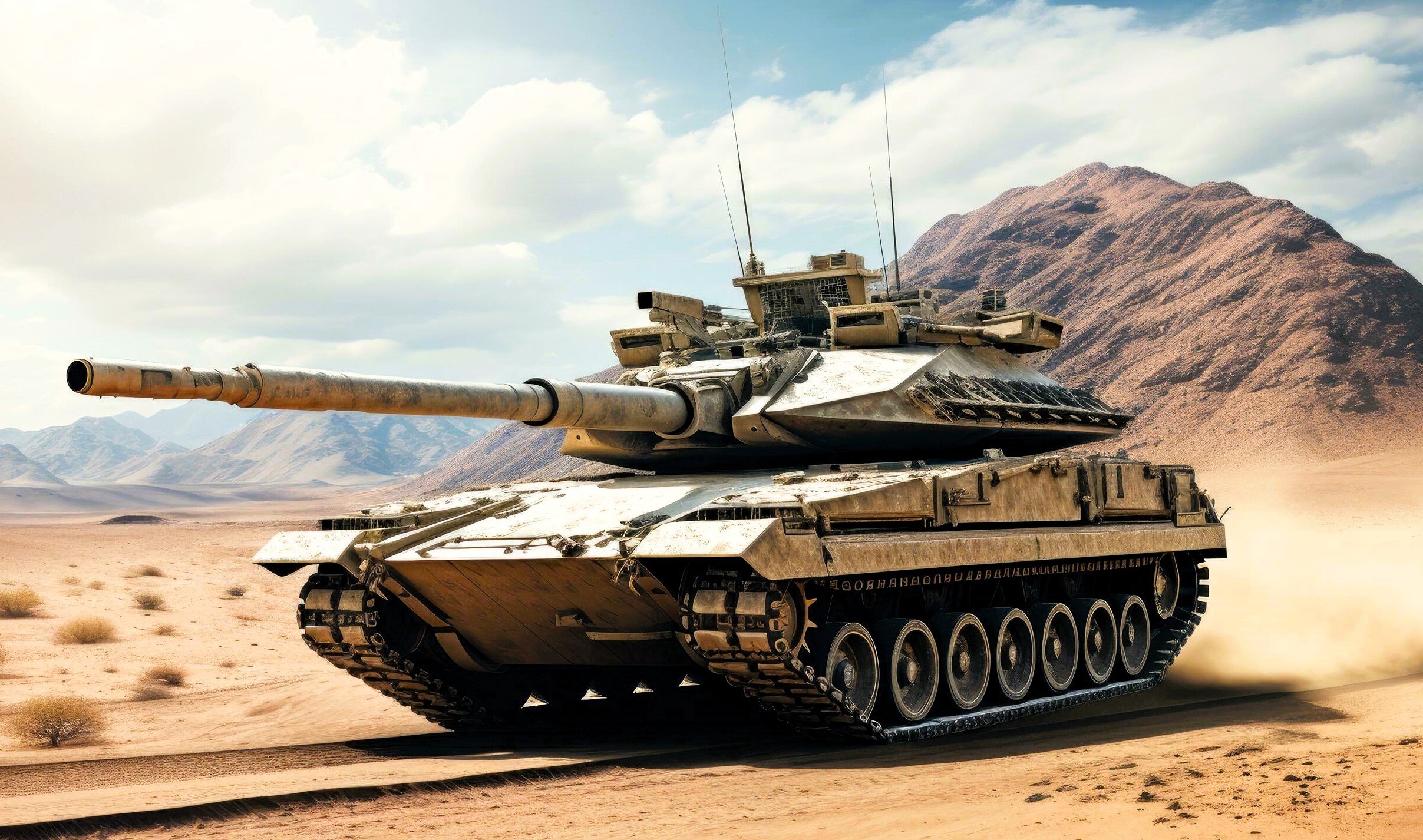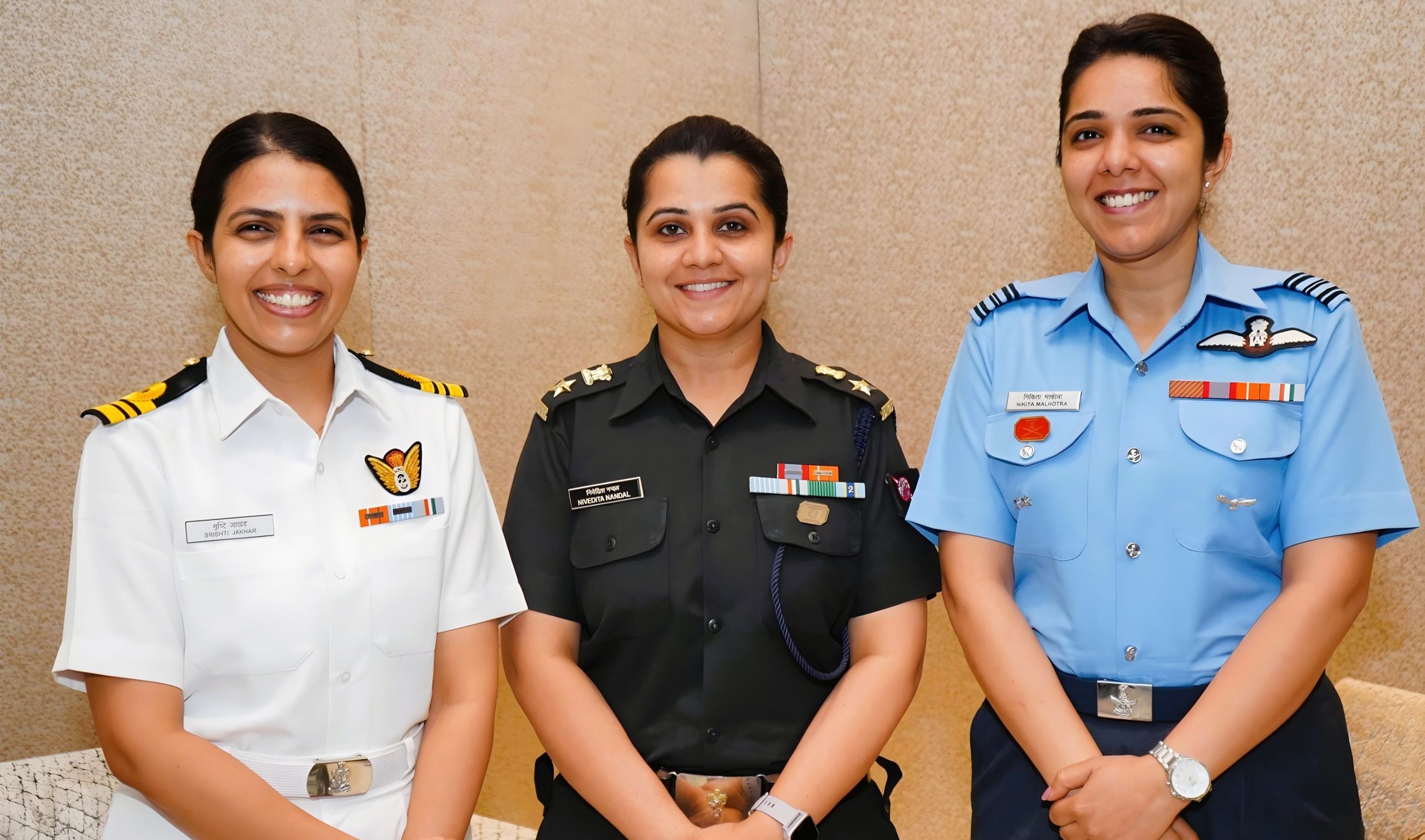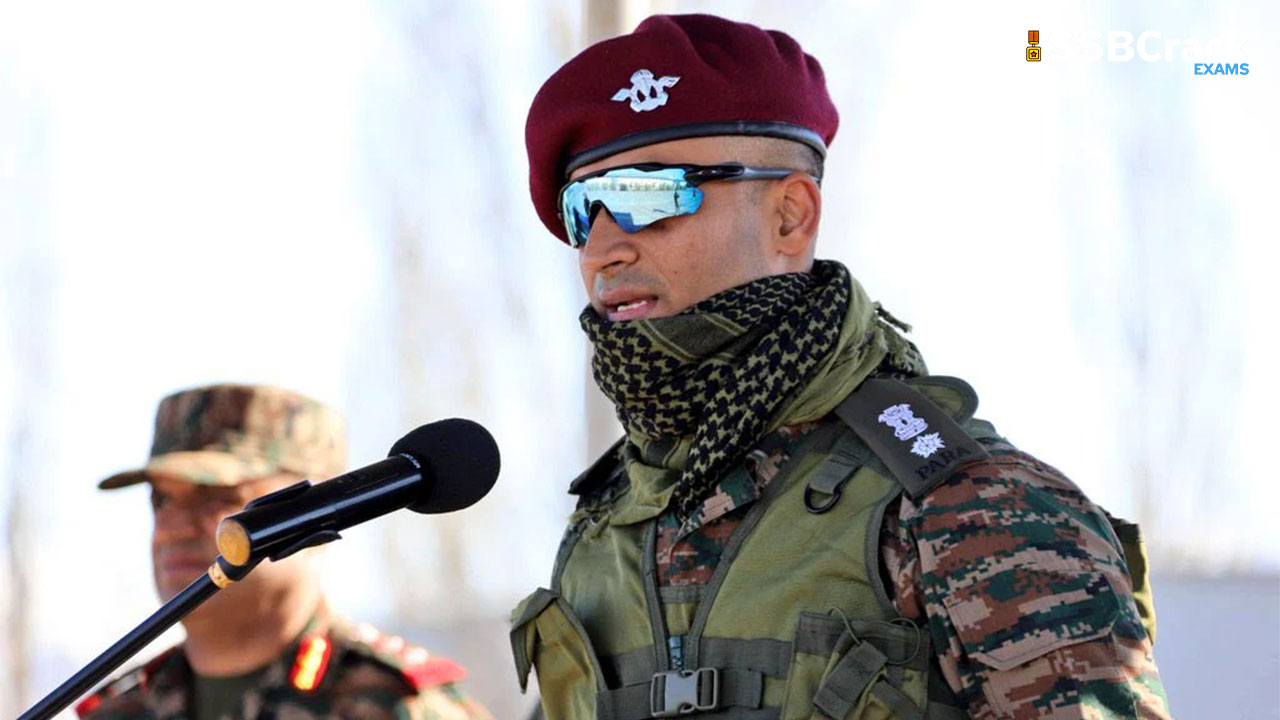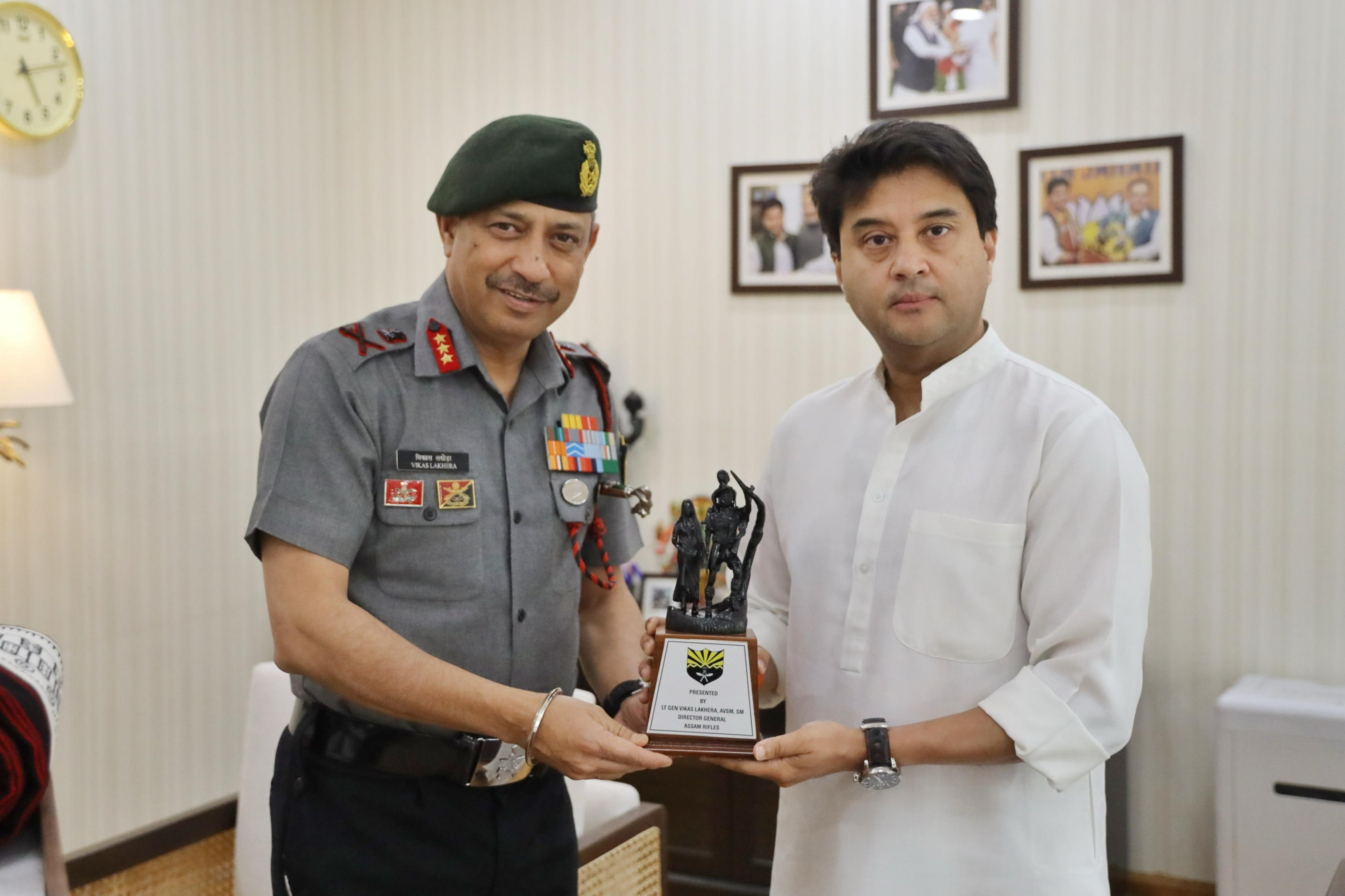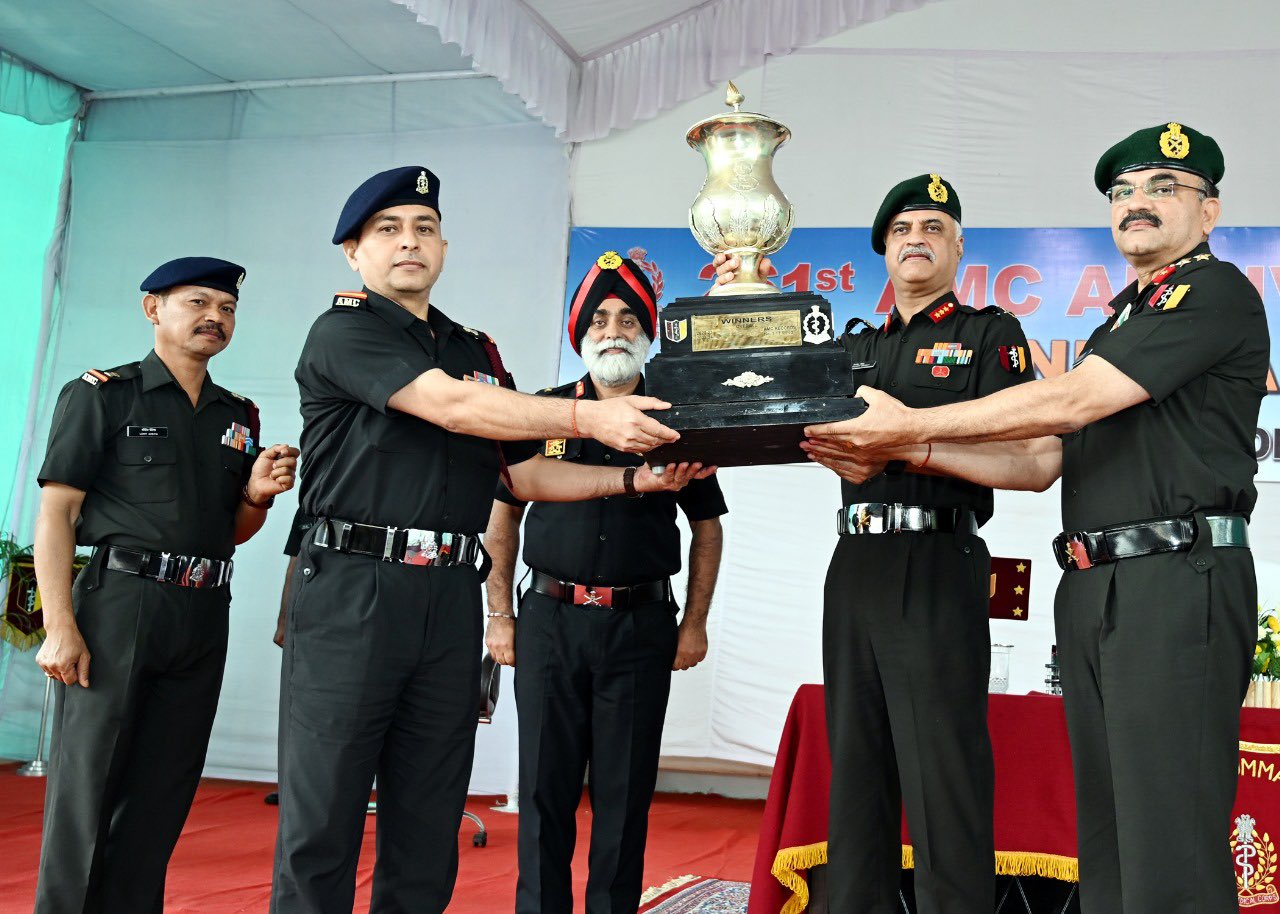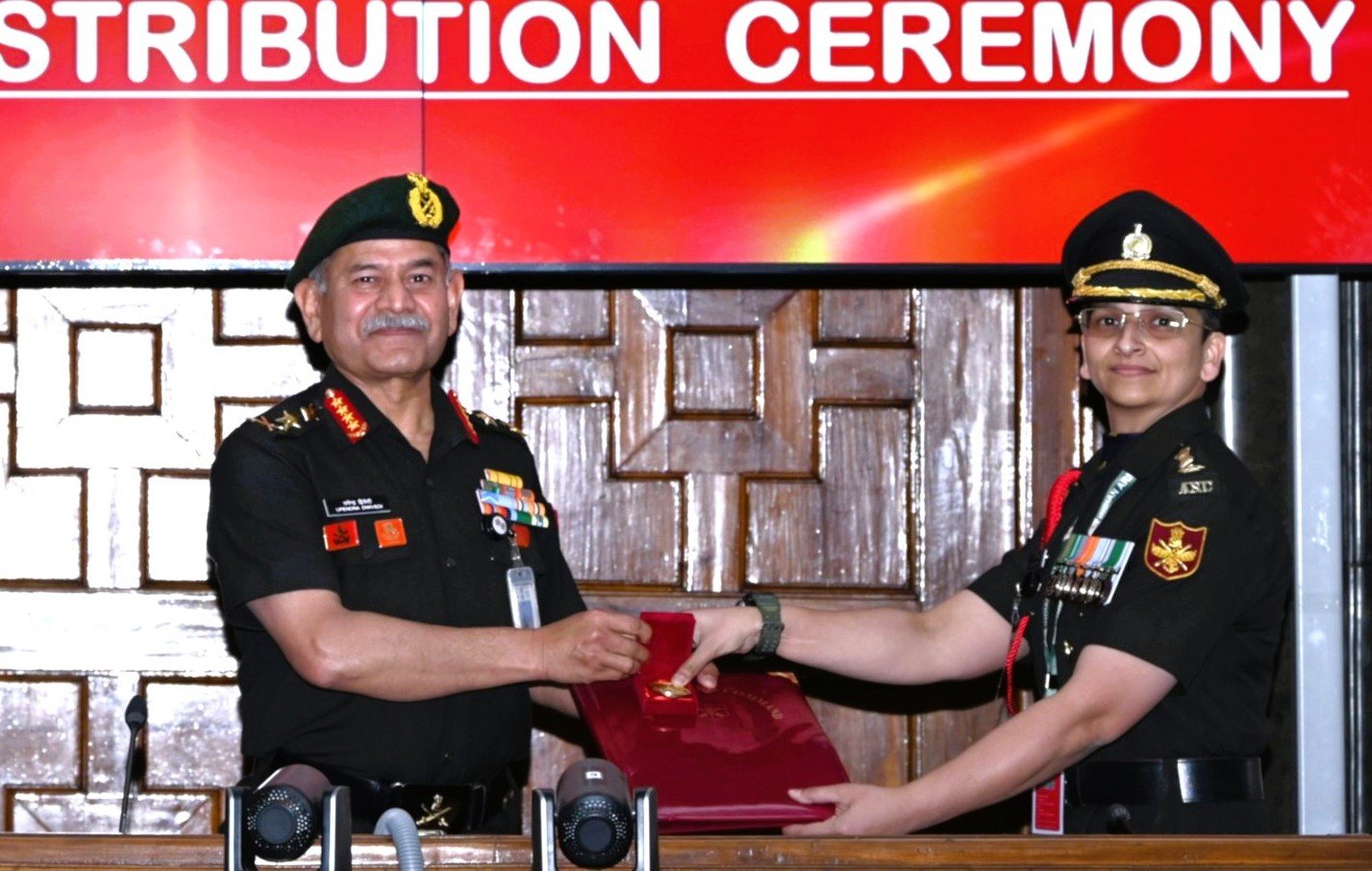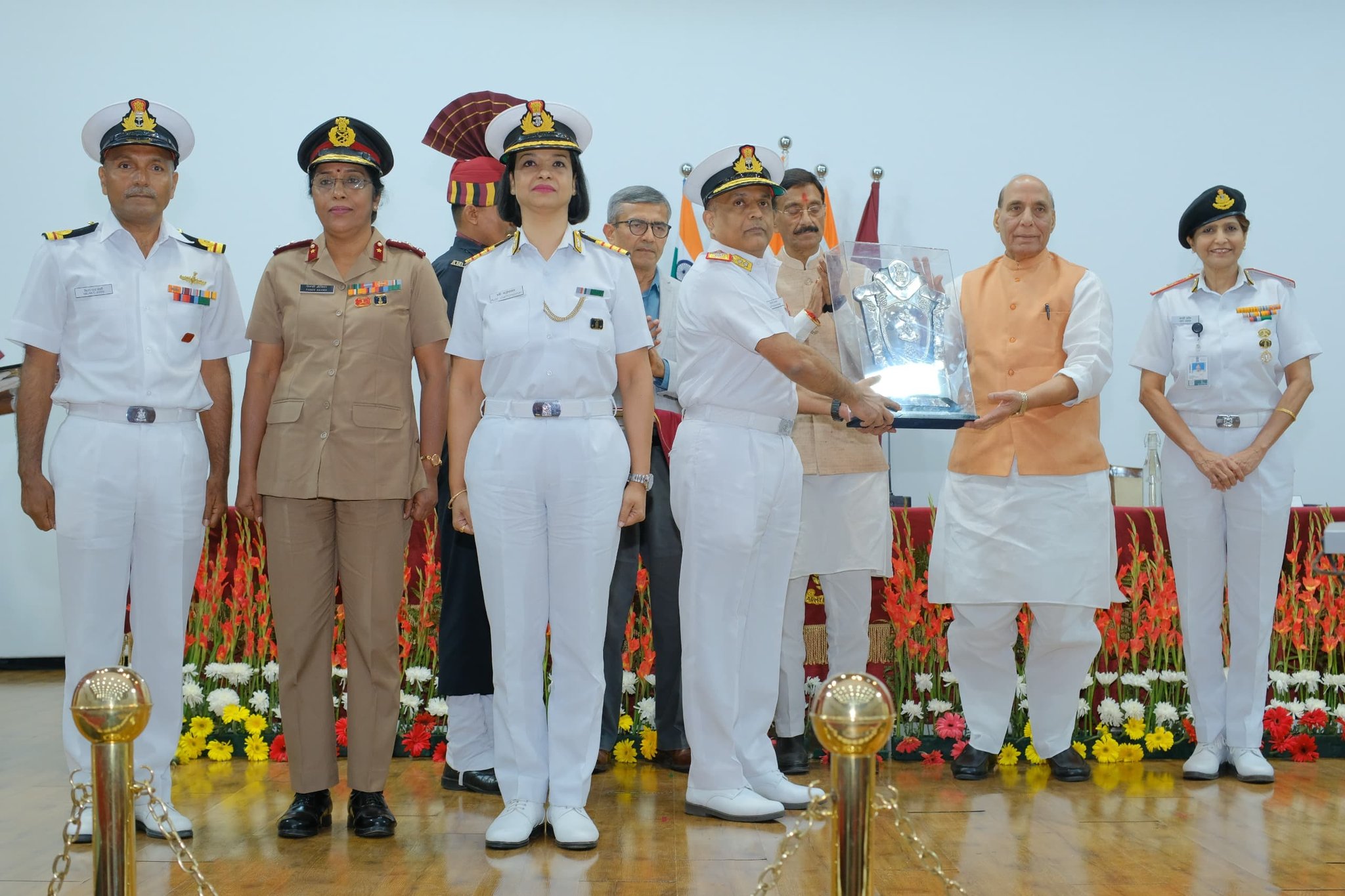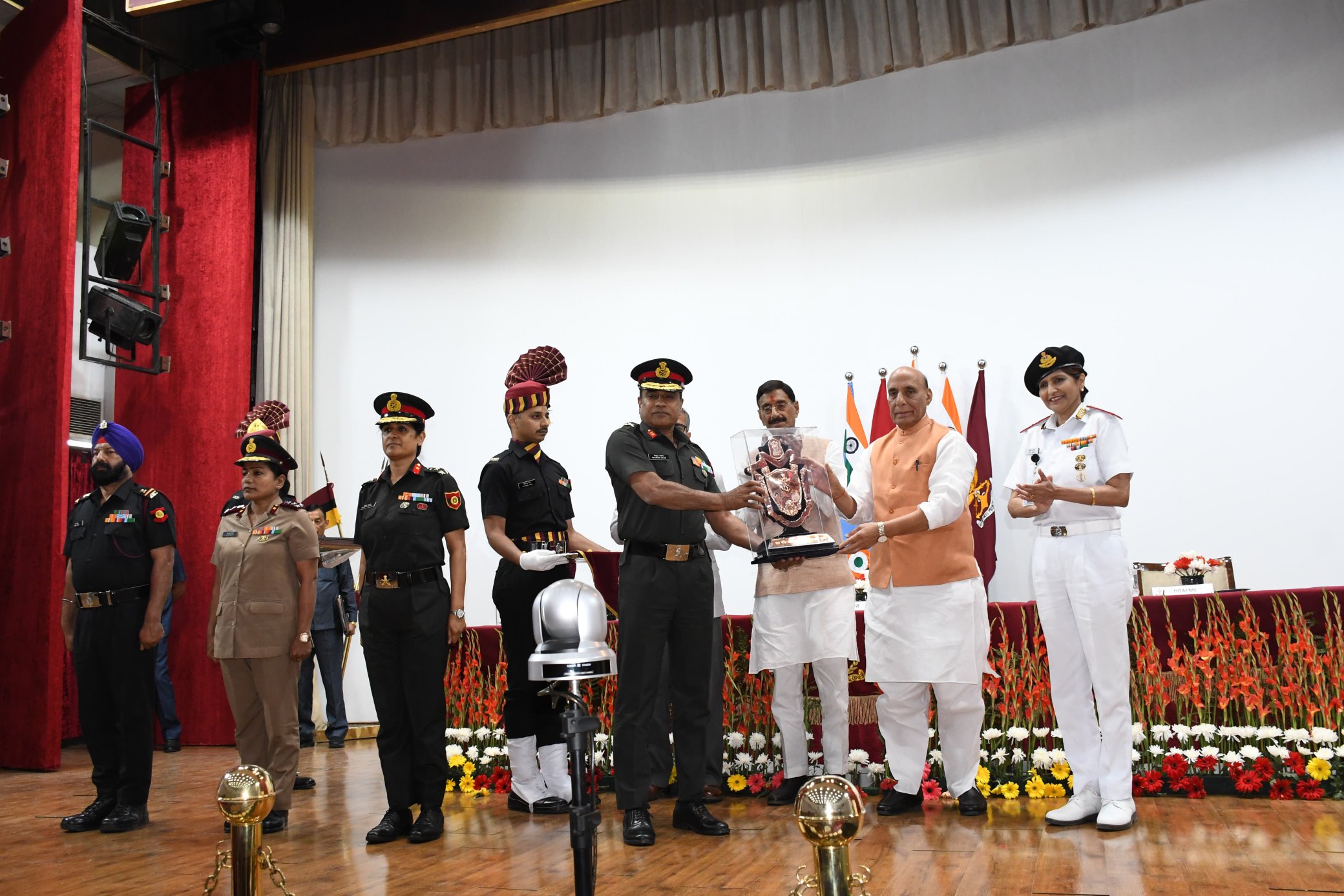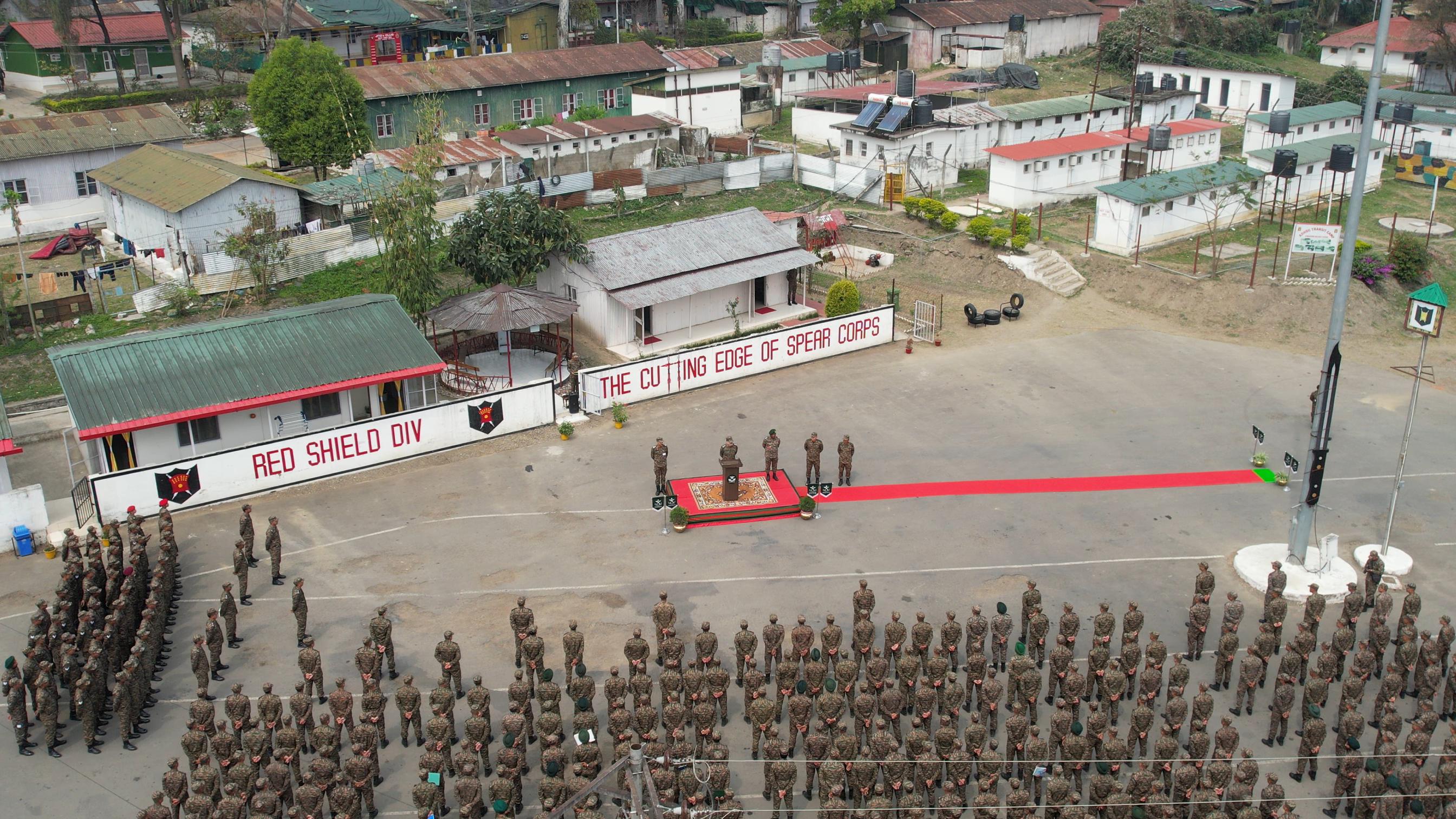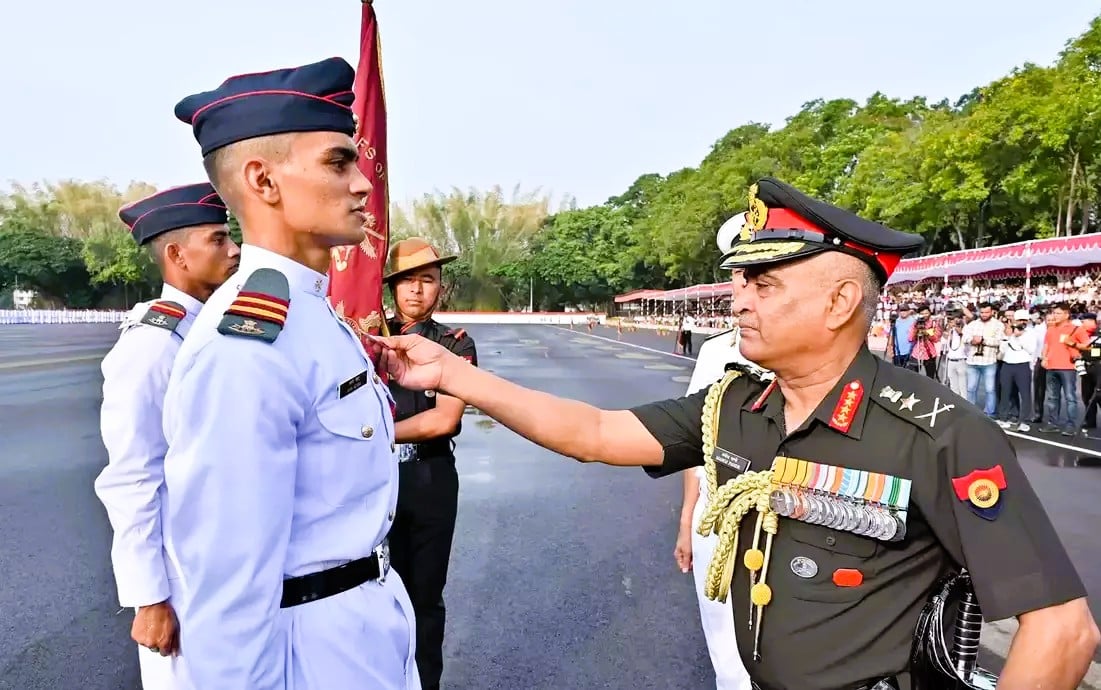The Indian Army is a formidable force known for its discipline, valor, and commitment to safeguarding the nation’s sovereignty. At the forefront of this esteemed organization are lieutenants, who hold a crucial role in leading and guiding their units.
As the junior-most commissioned officers, lieutenants are entrusted with significant responsibilities that shape their soldiers’ morale, training, and operational efficiency.
In this article, we will delve into the powers and duties of a lieutenant in the Indian Army, exploring their essential tasks, leadership responsibilities, and the impact they have on the force’s overall effectiveness.
Duty of a Lieutenant
Leadership and Unit Management
The primary duty of a lieutenant in the Indian Army revolves around effective leadership and unit management. They are responsible for the well-being, discipline, and operational readiness of their soldiers. This entails maintaining a high standard of morale, fostering camaraderie, and ensuring the welfare of their troops both in barracks and in the field. Lieutenants are expected to lead by example, demonstrating unwavering courage, determination, and dedication to instill the same qualities in their subordinates.
Training and Skill Development
Lieutenants play a pivotal role in the training and skill development of their units. They are involved in the planning and execution of various training exercises, ranging from physical fitness routines to tactical simulations. Ensuring that their soldiers are proficient in weapons handling, combat techniques, and military protocols is vital to enhance the unit’s combat readiness. Additionally, lieutenants are responsible for conducting regular assessments of their soldiers’ progress and identifying areas that need improvement.
Mission Execution and Tactical Operations
When deployed in the field, lieutenants act as the link between their commanding officers and the troops on the ground. They are instrumental in implementing the overall mission objectives and strategies. In combat scenarios, lieutenants must make critical decisions under pressure, adapt to dynamic situations, and lead their units effectively to achieve the mission’s success. Their ability to think on their feet and maintain composure amidst adversity is crucial in such high-stakes situations.
Lieutenant Power and Authority
Commanding Authority
As commissioned officers, lieutenants possess inherent commanding authority over their subordinates. They are responsible for maintaining discipline, enforcing military regulations, and ensuring that orders from higher-ranking officers are followed without question. This authority extends to decisions relating to the training, welfare, and conduct of their soldiers.
Delegation and Decision-making
While lieutenants have command over their units, they also have the power to delegate responsibilities to non-commissioned officers (NCOs) and other personnel. Effective delegation allows them to focus on critical tasks while empowering their subordinates to take charge of specific duties. Additionally, lieutenants are entrusted with making important decisions during military operations, which can significantly impact the outcome of the mission.
Mentorship and Guidance
Lieutenants are not only leaders but also mentors to their soldiers. They provide guidance, counsel, and support to the personnel under their command. By fostering a supportive environment, lieutenants help in the personal and professional development of their subordinates, motivating them to excel in their roles and contribute to the overall success of the unit.
The role of a lieutenant in the Indian Army is one of immense responsibility and honor. They are the backbone of their units, leading from the front, and shaping the future of the organization through their leadership, dedication, and unwavering commitment to duty. As they progress through their military careers, lieutenants continue to evolve, taking on higher responsibilities and growing into even stronger leaders who continue to serve and protect the nation with valor and distinction.




